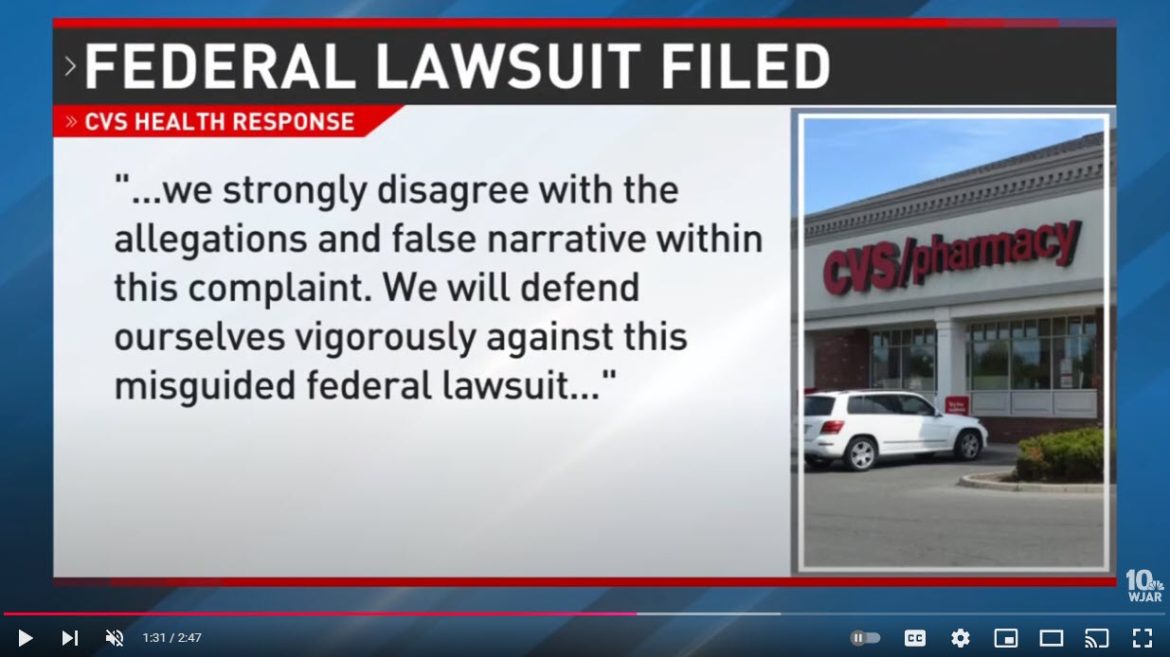The U.S. Department of Justice (DOJ) has filed a civil complaint against CVS Pharmacy, alleging that the nationwide chain violated the Controlled Substances Act and the False Claims Act by knowingly filling illegal and excessive opioid prescriptions and seeking federal reimbursement for them. The complaint, unsealed in federal court in Rhode Island, accuses CVS of engaging in these practices from October 2013 to the present.
According to the DOJ, CVS pharmacies filled prescriptions for opioids that far exceeded safe or medically justified quantities, contributing to the ongoing opioid crisis in the United States. The complaint further alleges that CVS ignored red flags and warning signs, enabling the misuse and diversion of controlled substances. By doing so, the pharmacy chain is accused of violating federal laws designed to prevent drug abuse and protect public health.
The DOJ also claims that CVS sought federal reimbursement for many of these prescriptions under government healthcare programs such as Medicare and Medicaid. This alleged misconduct would constitute a violation of the False Claims Act, a law intended to protect taxpayer funds from fraudulent claims. The complaint describes these actions as both harmful to patients and costly to federal healthcare programs.
In response, CVS has issued a statement strongly denying the allegations, characterizing the DOJ’s complaint as perpetuating a “false narrative.” The company asserts that it has robust measures in place to comply with federal and state regulations and remains committed to fighting opioid abuse through partnerships and preventive strategies.
The case is the latest in a series of legal challenges faced by large corporations over their roles in the opioid epidemic, which has claimed hundreds of thousands of lives across the United States. CVS is one of several pharmacy chains accused of failing to implement sufficient safeguards to prevent the misuse of prescription drugs. Legal experts note that the DOJ’s case against CVS could have significant financial and reputational consequences for the company if the allegations are proven in court.
The opioid epidemic remains a critical public health crisis in the U.S., with policymakers, law enforcement agencies, and healthcare providers working to address its devastating impact. The DOJ’s complaint against CVS underscores the government’s determination to hold corporations accountable for their role in exacerbating the crisis. The outcome of the case could have far-reaching implications for the regulation of pharmaceutical practices and corporate responsibility in the healthcare sector.



